The Impact of AI on Travel and Tourism: Transforming Experiences and Operations
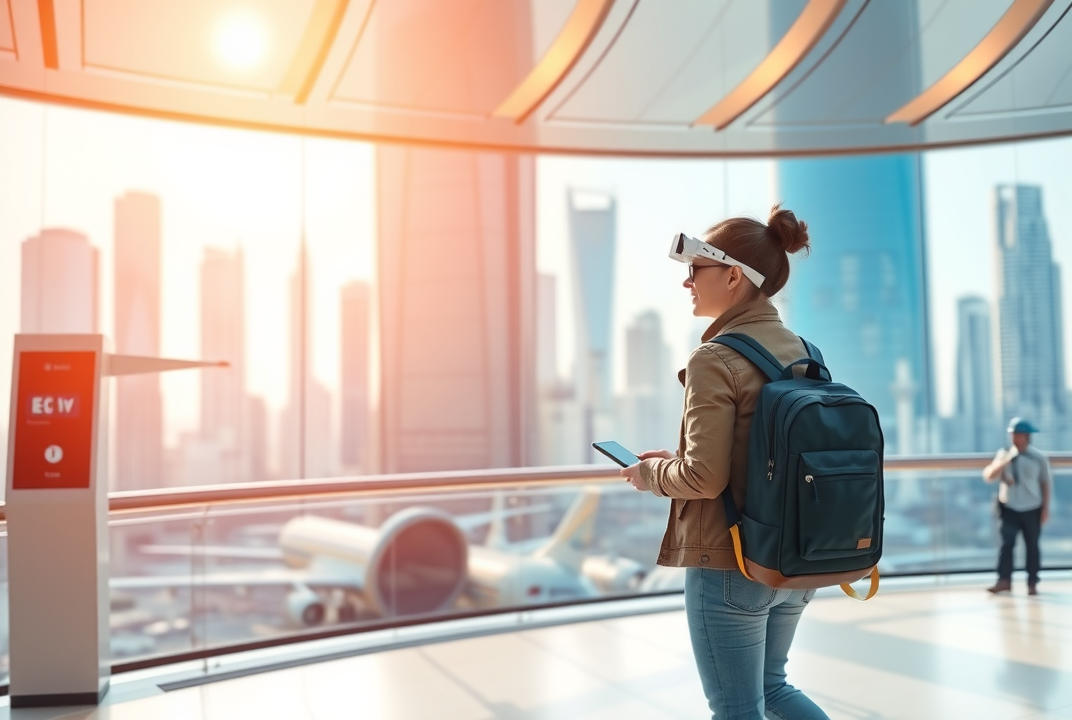
Introduction
Imagine booking a trip with all the details tailored specifically to your preferences, completed in seconds without any human assistance. This convenience is the result of artificial intelligence (AI) revolutionizing travel and tourism. The advancement of AI technologies is transforming how we plan, book, and experience travel. From personalized recommendations to enhanced customer service, AI is shaping the future of this industry.
In this article, we will explore the profound impact of AI on travel and tourism. We'll look at how AI is used to personalize travel experiences, improve operational efficiency, enhance safety, and create smarter travel solutions.
Personalizing Travel Experiences
AI provides personalized experiences by analyzing data from user interactions and preferences. Algorithms can predict what travelers want, from destinations to accommodations. This enables more satisfying experiences for tourists and higher engagement for businesses.
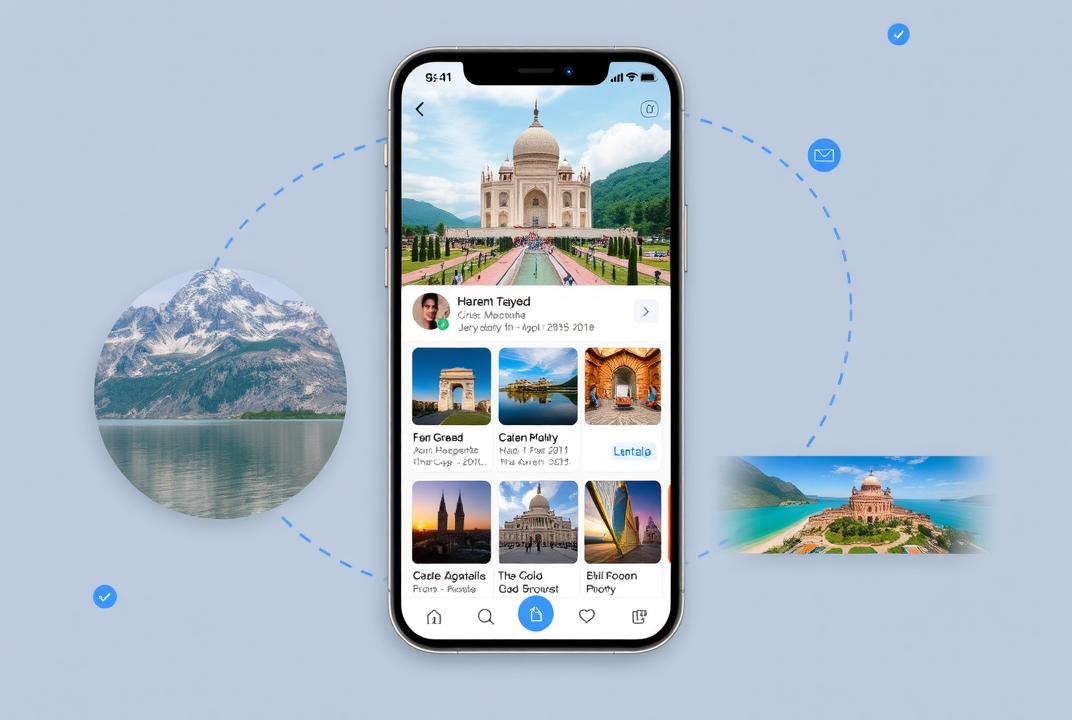
AI in Recommendation Systems
Recommendation systems powered by AI analyze various data points to offer personalized travel suggestions. Whether it's finding a hotel with specific amenities or suggesting local attractions based on past interests, these systems enhance customer satisfaction.
Chatbots for Customer Engagement
AI-powered chatbots provide immediate customer support, handling inquiries ranging from booking changes to service details. This reduces wait times and improves customer interaction, creating a seamless experience for travelers.
Streamlining Operations
Operational efficiency is crucial in the travel and tourism sector. AI plays a critical role by automating routine tasks and optimizing processes.
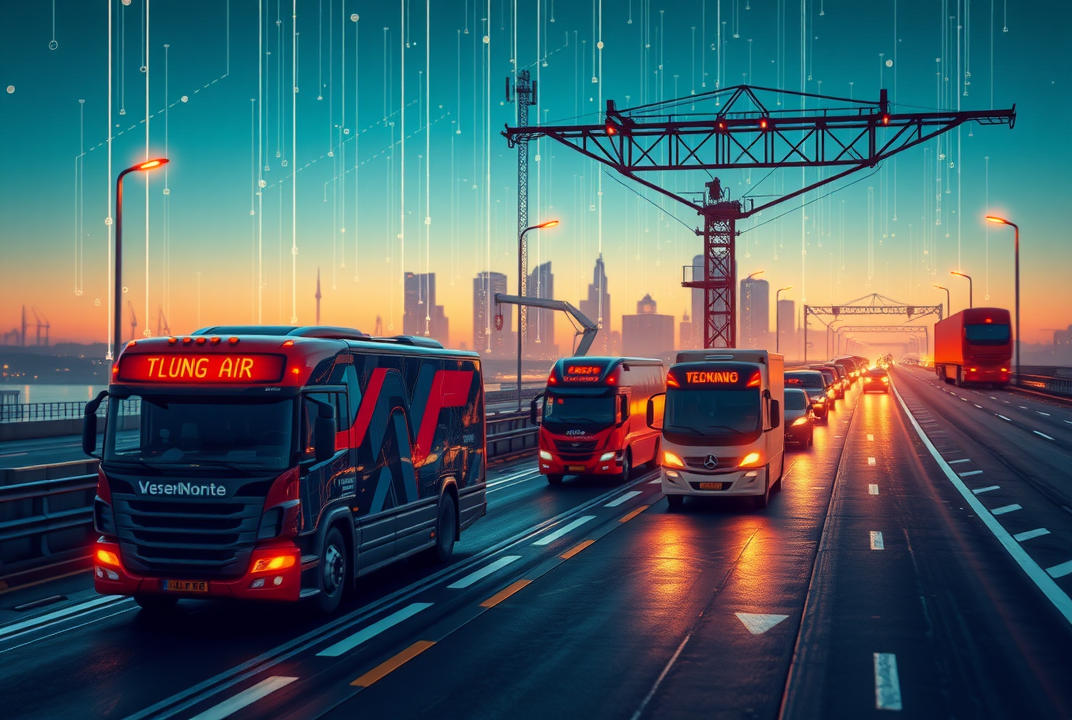
Automating Routine Tasks
AI systems handle tasks like check-ins, bookings, and customer queries, freeing up human resources to focus on complex issues. For example, airlines use AI to manage flight schedules, predict maintenance needs, and optimize fuel usage.
Data Analysis and Decision-Making
AI analyzes vast amounts of data to help travel companies make informed decisions. By understanding travel trends and consumer behavior, businesses can align their strategies with market demands, enhancing operational results.
Enhancing Safety and Security
Safety is a top priority in travel. AI contributes significantly to enhancing security measures, offering travelers peace of mind.
Predictive Analytics for Risk Management
Predictive analytics powered by AI can assess risks such as weather disruptions, financial instability, or safety concerns. By anticipating these factors, businesses can take proactive measures to ensure traveler safety.
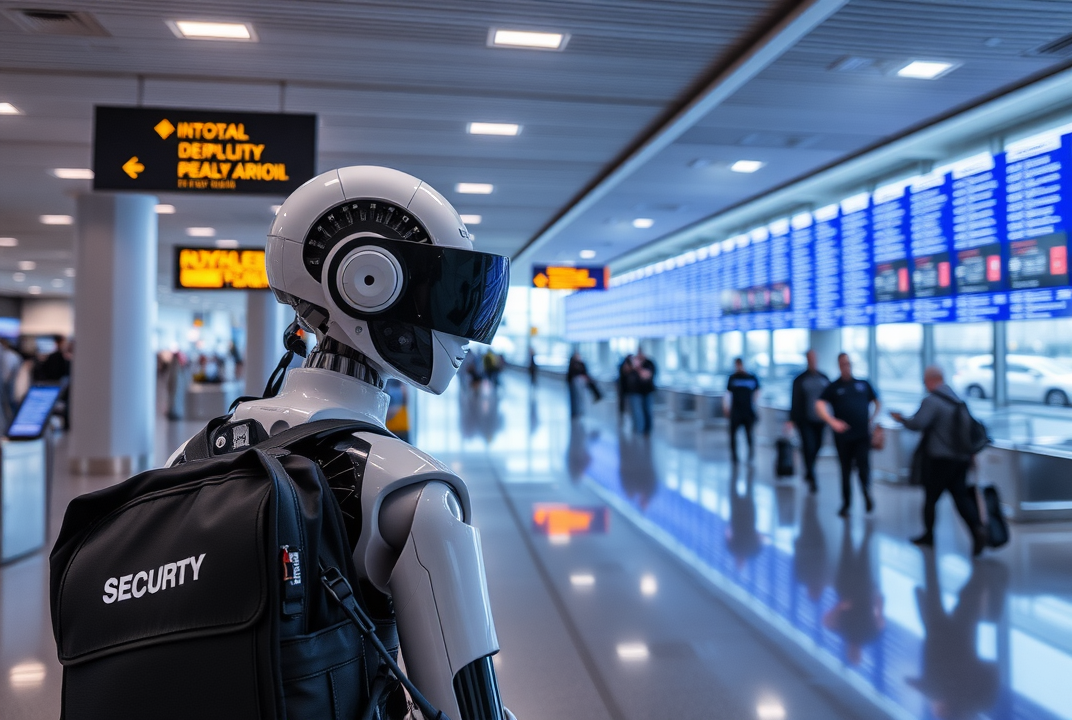
Biometric Technology in Security
Airports increasingly use AI-driven biometric technologies for security checks, like facial recognition and biometric passports, making identification processes faster and more secure.
Creating Smarter Travel Solutions
AI is integral in developing smarter travel solutions that offer convenience and innovation.
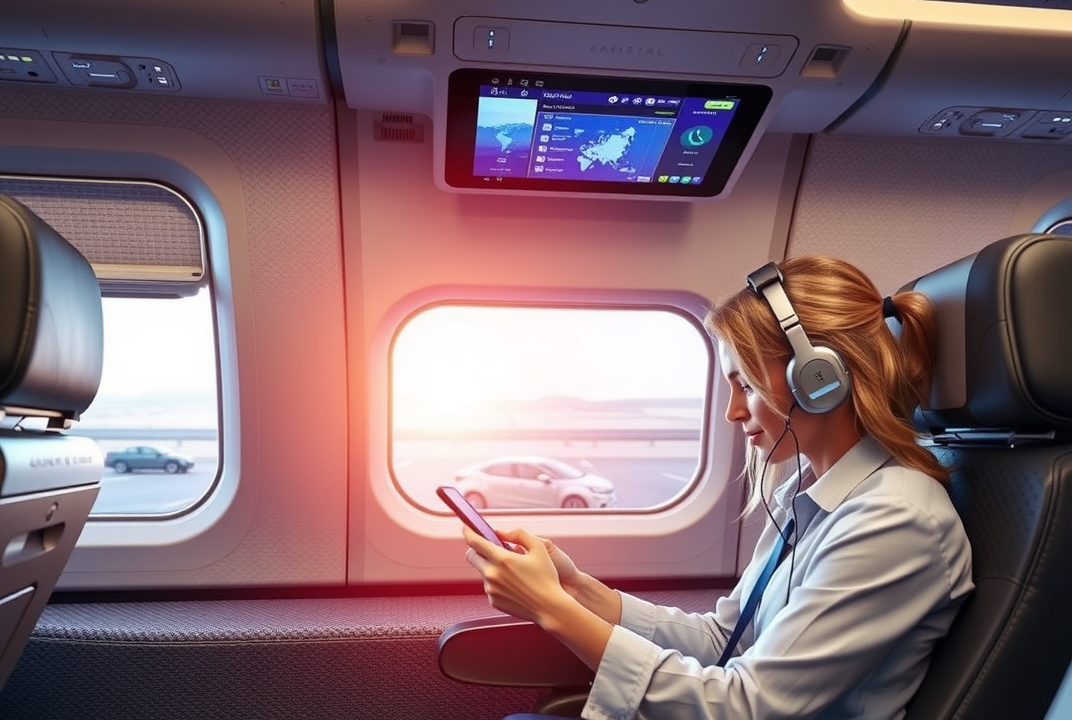
Smart Itineraries and Planning
AI aids travelers in building smart itineraries based on real-time data, such as weather conditions, traffic updates, and event timings, ensuring a stress-free experience.
Enhancing In-Trip Experiences
AI applications like virtual reality (VR) tours or language translation apps enrich on-the-go traveler experiences, helping them explore new cultures effortlessly.
The Future of AI in Travel and Tourism
AI's potential in shaping the future of travel is vast. Emerging trends like autonomous vehicles for tourism, AI-driven sustainability solutions, and advanced personalization continue to redefine the travel experience.
The growth of AI technology in this sector encourages ongoing innovation and adaptation, ensuring that the future of travel is more exciting and accessible for everyone.
Conclusion
AI is undeniably transforming the travel and tourism industry, offering personalized services, operational efficiencies, and enhanced safety. As AI technologies continue to evolve, their integration into travel will bring forth even more innovations that revolutionize how we perceive and experience the world. For travelers and businesses alike, embracing AI means staying ahead in a competitive landscape while providing exceptional experiences.